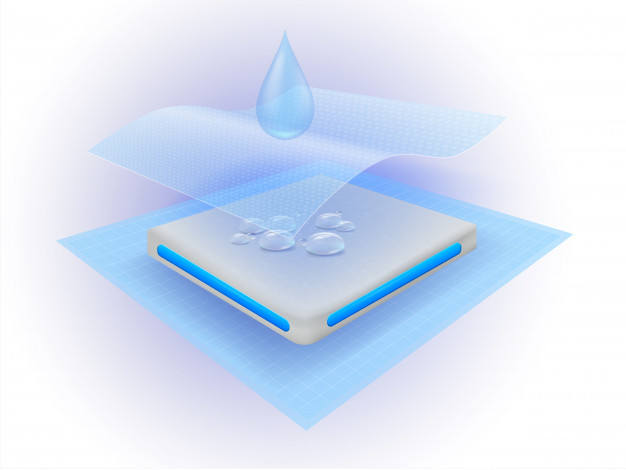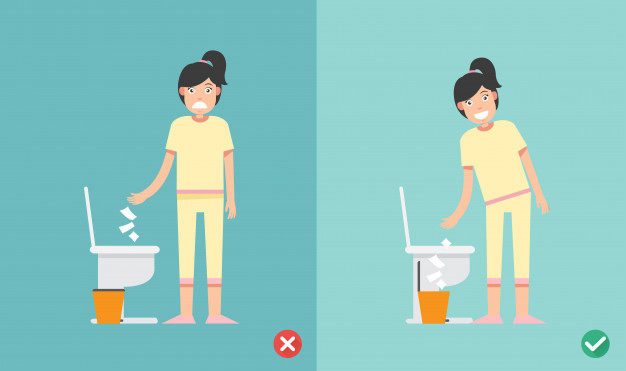
Over the years since its discovery and acceptance, Sanitary napkins have evolved considerably with different variants. From cotton layered fibre sheet with a waterproof plastic layer at the bottom to avoid stains to ultra-thin sanitary napkins with gel core, to absorb more and provide safety against leaks. Though modern women love the ease that comes with the use of plastic based sanitary pads, they are unaware about the underlying health threat that they are being exposed to, which is affecting their reproductive health.

Health experts while raising concern said that “There are high chances of getting fungal infections due to collection of moisture with the use of plastic based sanitary napkins. They might also lead to pelvic infection which can cause allergies and irritation in the vaginal area. “In extreme cases, it may also cause vaginitis or vulvitis and in some cases, might lead to pelvic inflammatory disease.
Plastic based sanitary napkins are loaded with odour neutralizers and artificial fragrances. These cheap chemical components can cause serious irritations and allergy, complications in reproduction, to the extent of infertility.

Super Absorbent Polymers used in sanitary pads are mostly petroleum by- products which claim to soak 30 times their weight. This quality of ultra-thin sanitary napkin makes it acceptable by the women, but it can cause skin reactions, rashes, allergies, reproductive issues, and Toxic Shock Syndrome.
Apart from health concerns, the environmental threat due to plastic based sanitary pads is equally serious. Burning or burying of these wastes can release the dangerous chemicals like dioxin and phuron into the air, water and soil, which eventually find their way back to all living beings. This continuous cycle of pollution is affecting all life forms.
According to a report around 48% rural women use sanitary napkin while in urban areas the percentage is around 77%. Recent data provided by Menstrual Health Alliance India states that menstrual waste collected across the country, primarily consisting of sanitary napkins which is disposed of as routine waste along with other household garbage, is 45%.
In our country, most of the sanitary napkins are just thrown in the garbage or flushed down the toilet.

It is an environmental challenge as these pads take around 500-800 years to biodegrade. Every used sanitary napkin carries two grams of non-biodegradable plastic. So, the amount of non-biodegradable plastic accumulated every month is very high, an alarming factor strong enough to raise concern over the environmental crisis.
Health experts explained that the longer used pads are kept in the open and kept in contact with air, the more they are prone towards becoming pathogenic. Stagnant natural blood accumulates a lot of bacteria like Escherichia coli, which rapidly multiplies at an exponential rate.”
However, in recent times, there has been some awareness about the damage being done to environment and methods are being adopted to dispose of sanitary napkins through disposal machines.
It is therefore advisable to use biodegradable pads which are based on natural products like banana or jute fibre or premium cotton or even re-usable clothes.